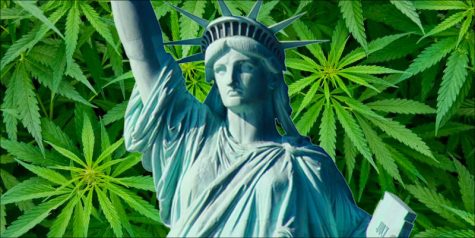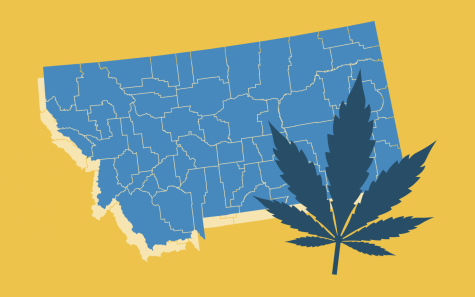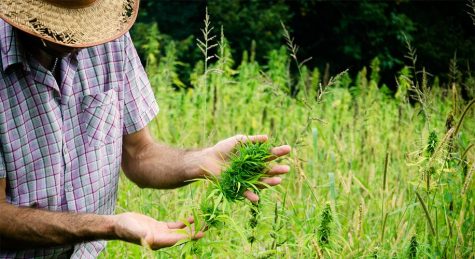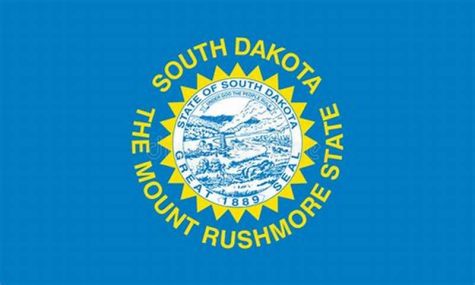This Washington tribe is set to start cannabis sales

NPAIHB–01/10/18
The Port S’Klallam Tribe is ready to step into the cannabis industry, after a cannabis compact with the state of Washington was approved by the Liquor and Cannabis Board.
The tribal and state compact, or agreement, will allow the tribe to regulate cannabis sales, production, processing and laboratory testing on the tribe’s North Kitsap reservation. Though it still requires the signature of Gov. Jay Inslee to become official, he could sign the agreement this week, a spokeswoman said to K5 News Washington.
Once signed by the Governor, the Port S’Klallam Tribe can begin cannabis sales, growth, production, processing and testing, all of which will be handled by the tribe’s Noo-Kayet Development Corporation. While the tribe will start retail cannabis sales at their temporary store, construction of a permanent dispensary might begin by the end of the year.
“It’s definitely on the horizon,” said Chris Placentia, CEO of Noo-Kayet Development Corporation. “Our ultimate goal is to be involved in every aspect of the industry.”
The Suquamish Tribe became the first tribe to start cannabis sales in the state of Washington through a state and tribal compact three years ago. Today, several tribes are following its way into the cannabis industry such as The Muckleshoot, Puyallup, Squaxin Island and Tulalip. The Samish Indian Nation tribe is awaiting approval for their compact by the Liquor and Cannabis Board.
The tribe will make revenue off the tax on retail cannabis sales, which is equal to the state marijuana excise tax; both of which will add to the grand total of the cannabis purchase. Thought tax exemption is allowed for tribal members, the profit made from the tribal tax will go towards the tribe’s government services.
Port S’Klallam is entering the cannabis industry in Kitsap County, Washington, which will soon house almost 22 retail dispensaries. The number may seem high, but there’s plenty of profit to go around. Last year cannabis stores in the county made a whopping $27 million in sales.







